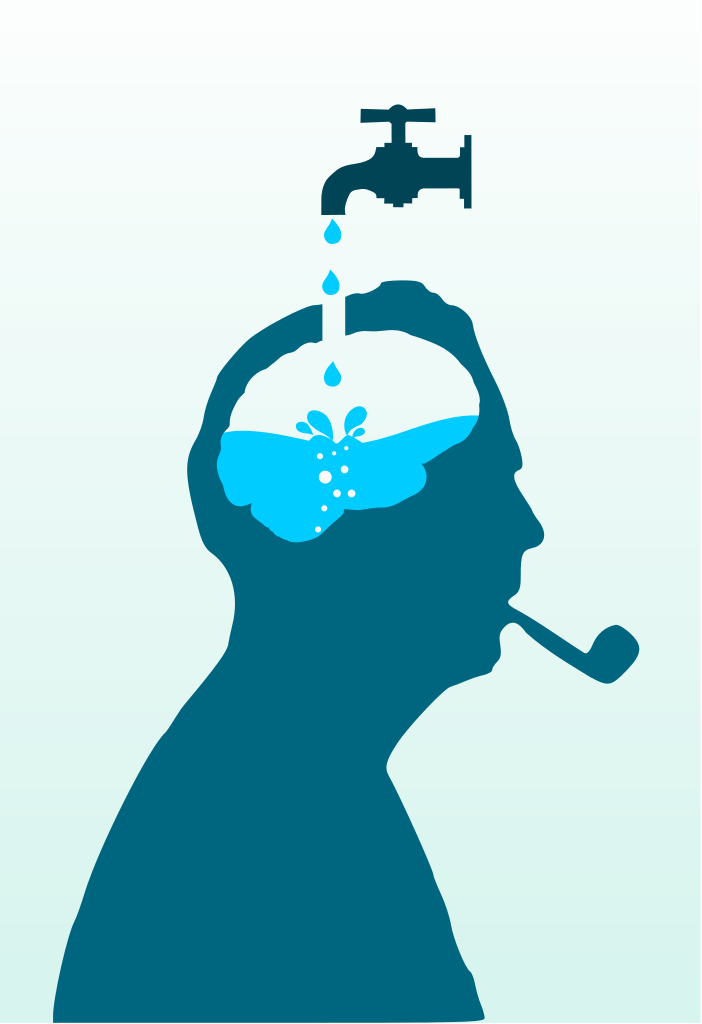Chapter 3: The benefits of tap water for learning
3.1 Water and learning

The organ of our body that needs water the most is the brain and the effects of water on this organ are always positive: in fact the brain is made up of 75% of water and needs it to continue functioning. So our brain depends on proper hydration to function effectively. In fact, to work at its best, the cells that make up this organ need a delicate and precise balance between water and other substances.
To be able to understand how important water is for our body and brain, let us take as an example the case of a person who is lost in the desert. When his water supply runs out, hallucinations and mirages make their appearance in a short time. It is true that there are other factors that influence, such as high temperatures, the sun and despair, but the lack of water immediately affects motor coordination, attention and short-term memory.
According to the doctors, when a person is dehydrated, he has less electrolytes, and this leads to an alteration of brain activity and of the other systems that participate in cognitive processes (ability to process information). The loss of fluids in the body results in increased production of stress hormones and a decrease in the functioning of memory and perception.
In fact, mental processes are actually nothing but chemical processes that take place in our brain. Every action, every thought, every word is caused by different chemicals (neurotransmitters), which make it possible to transmit information to neurons. For a fast and correct transmission of neurotransmitters between neurons through the synapse, the nerve fiber impulse is a fundamental element. Here water comes into play, as adequate hydration is the ideal condition for maintaining the nerve impulse. We can say that the consumption of quality foods (for the formation of neurotransmitters) and water (for their transmission) is essential for the correct and efficient development of mental processes.


